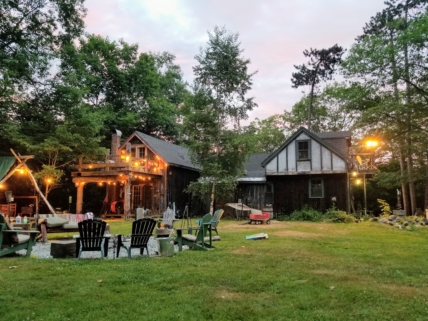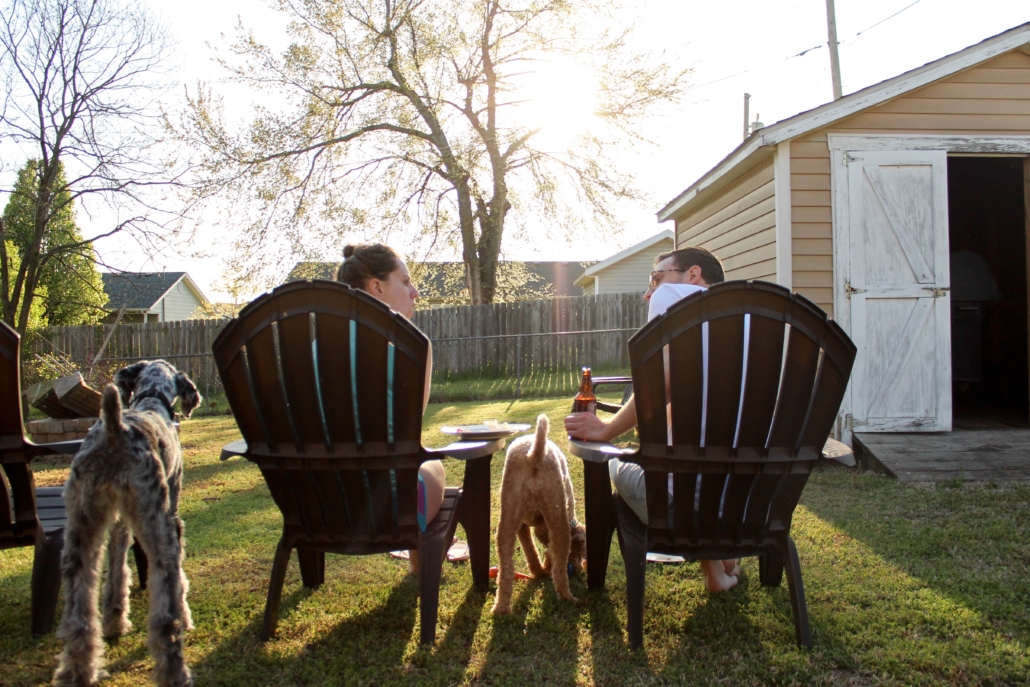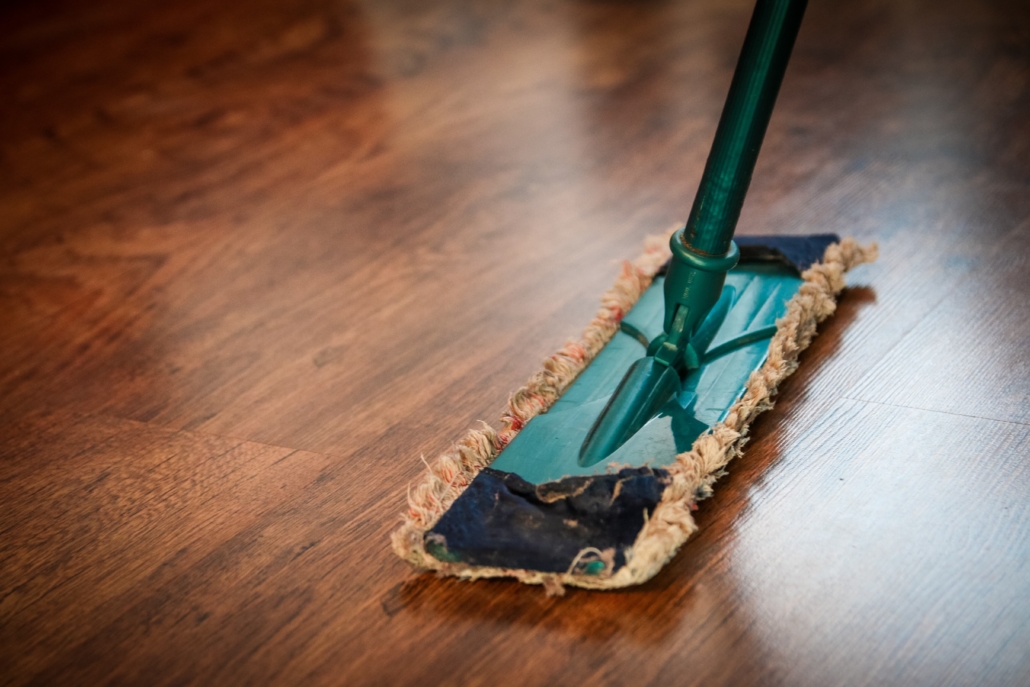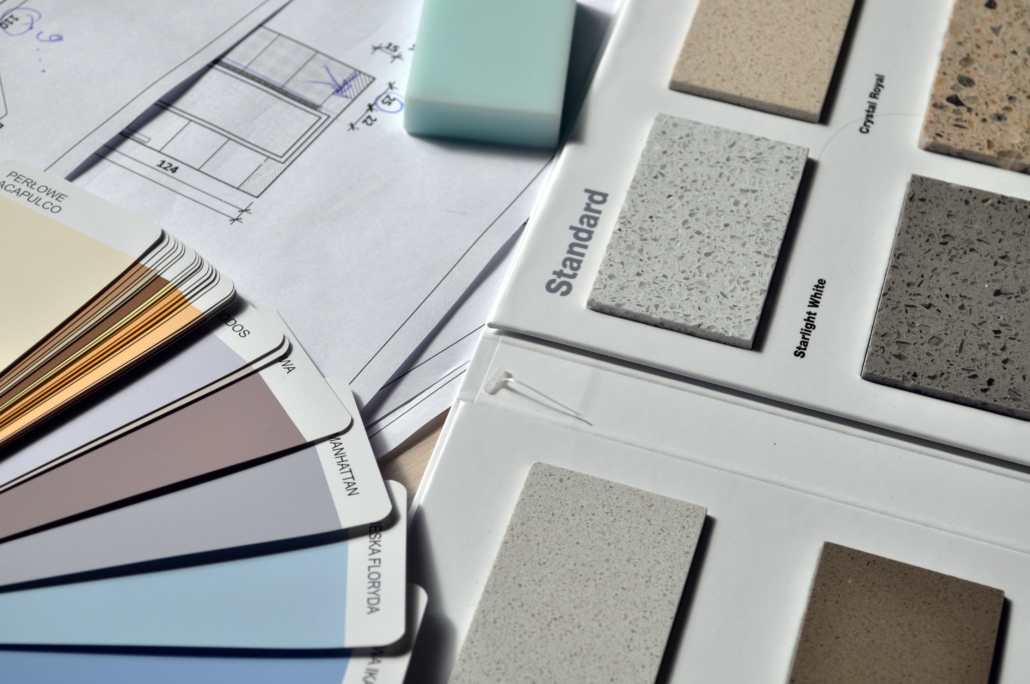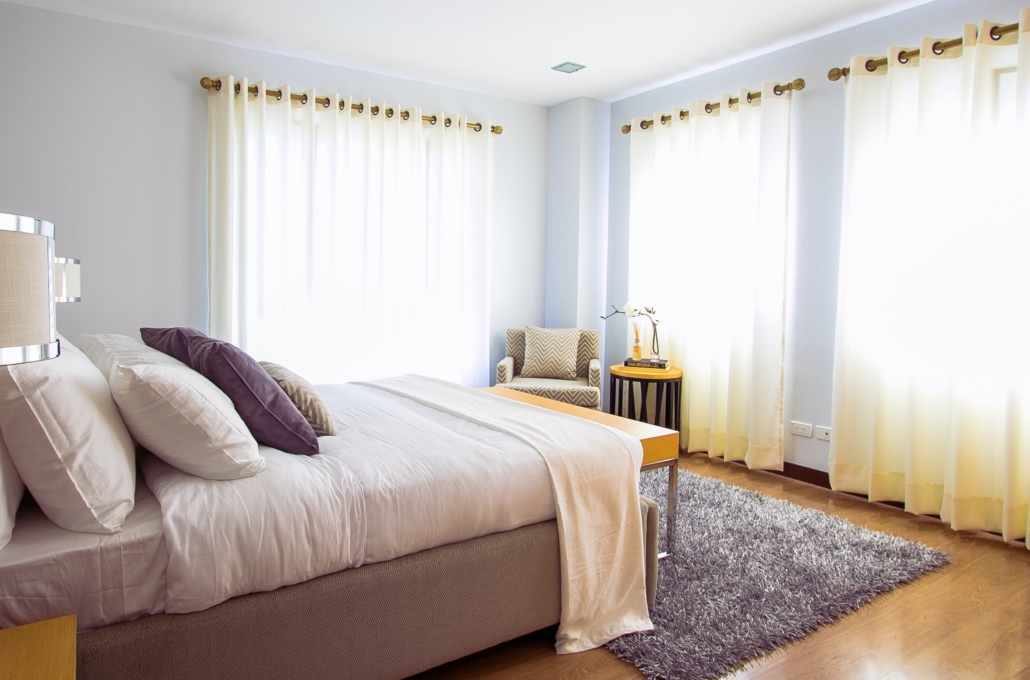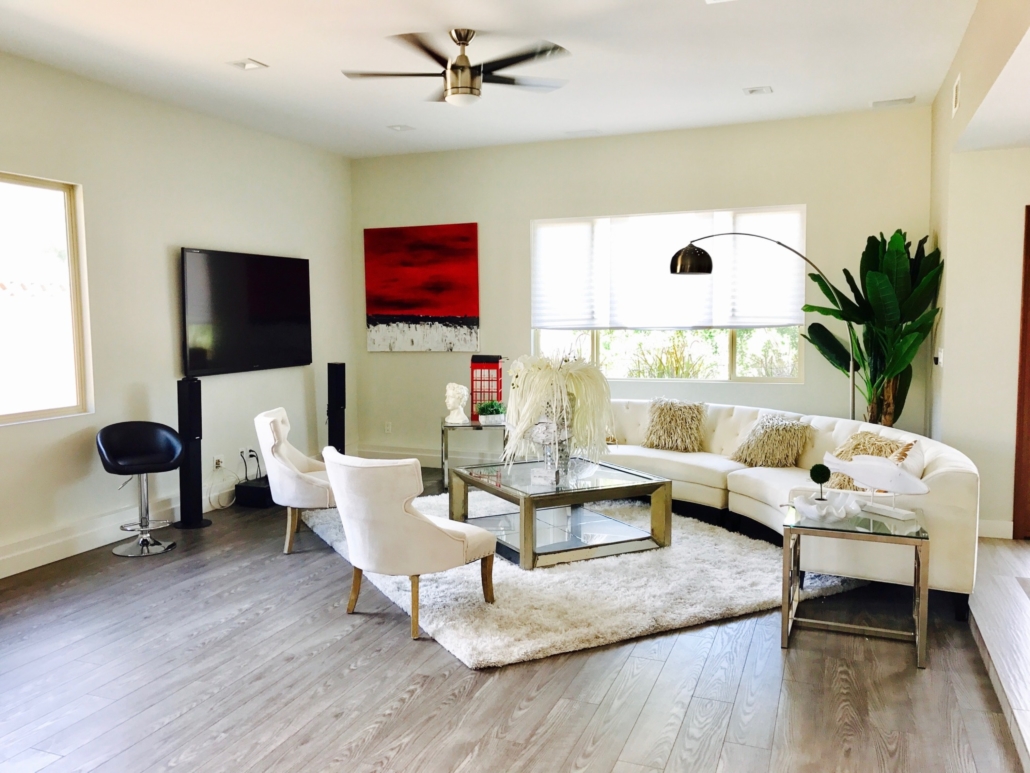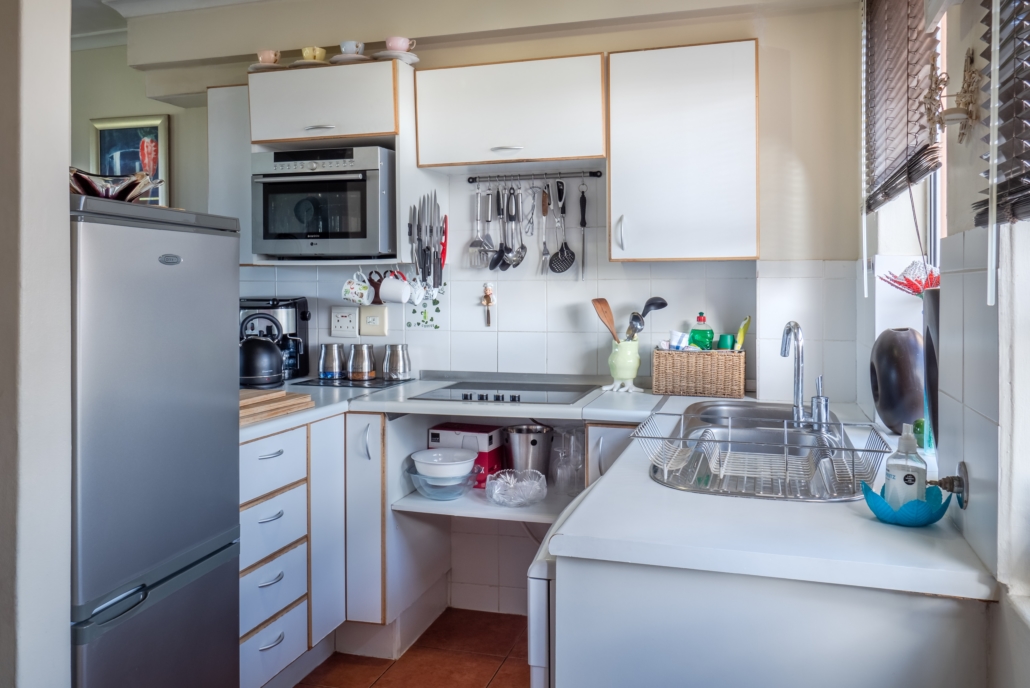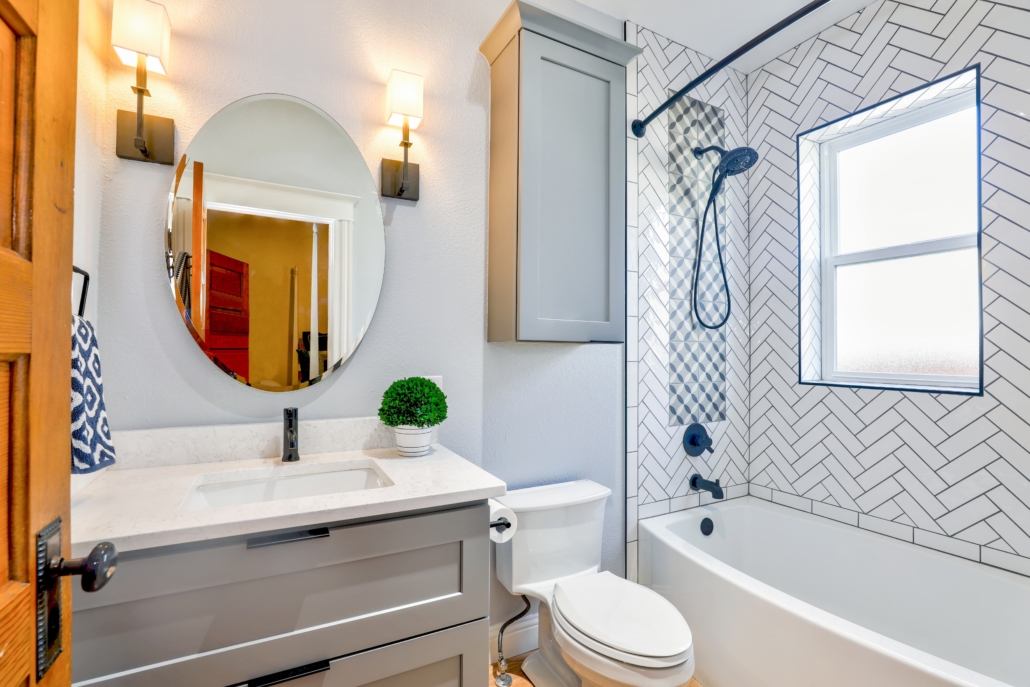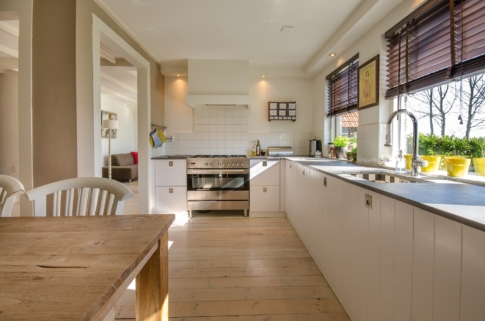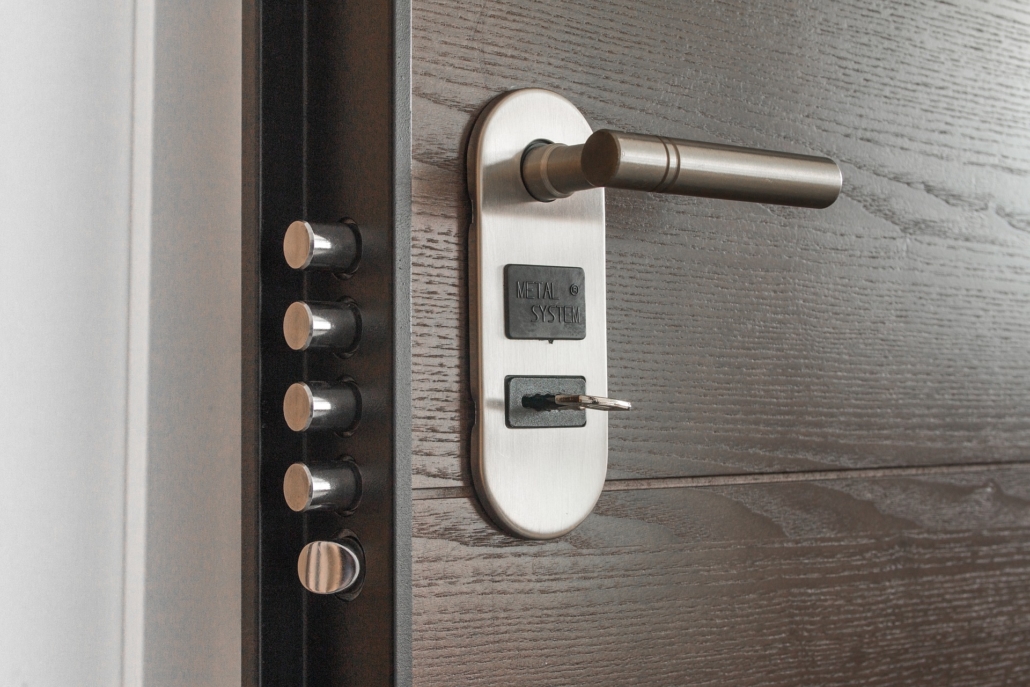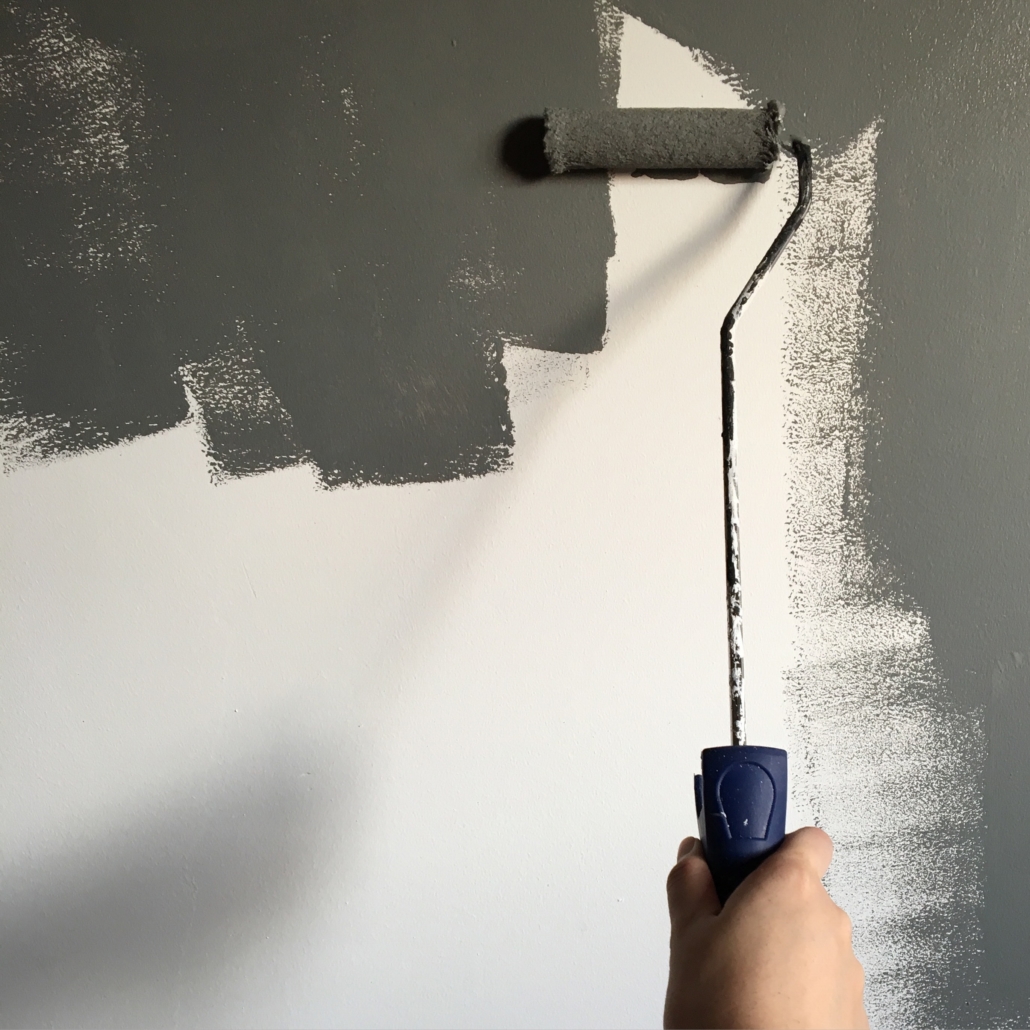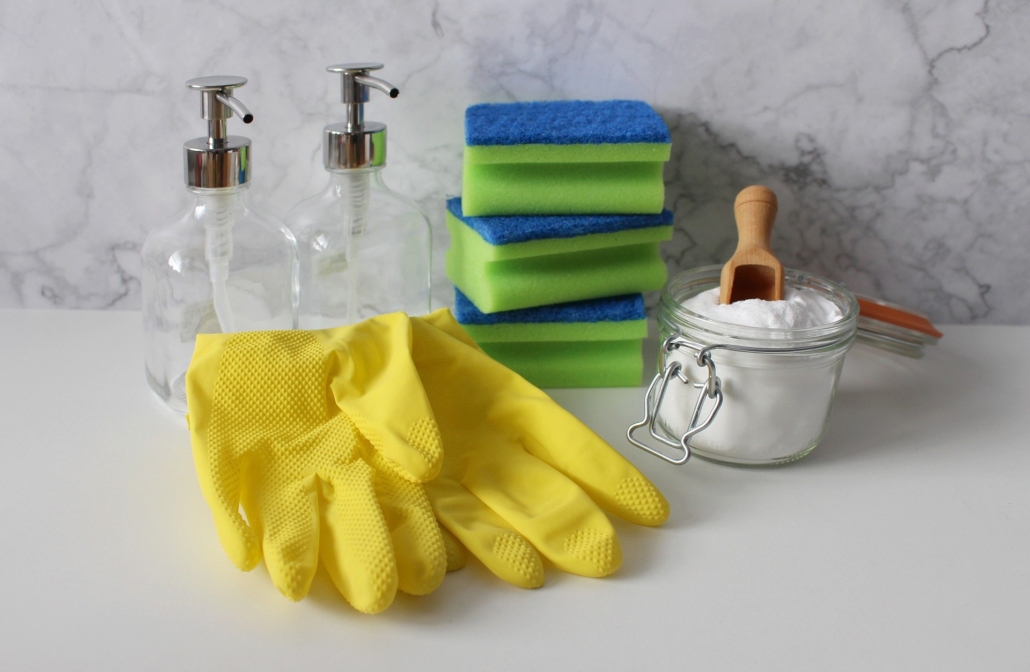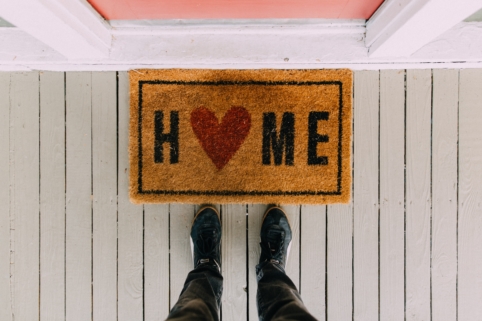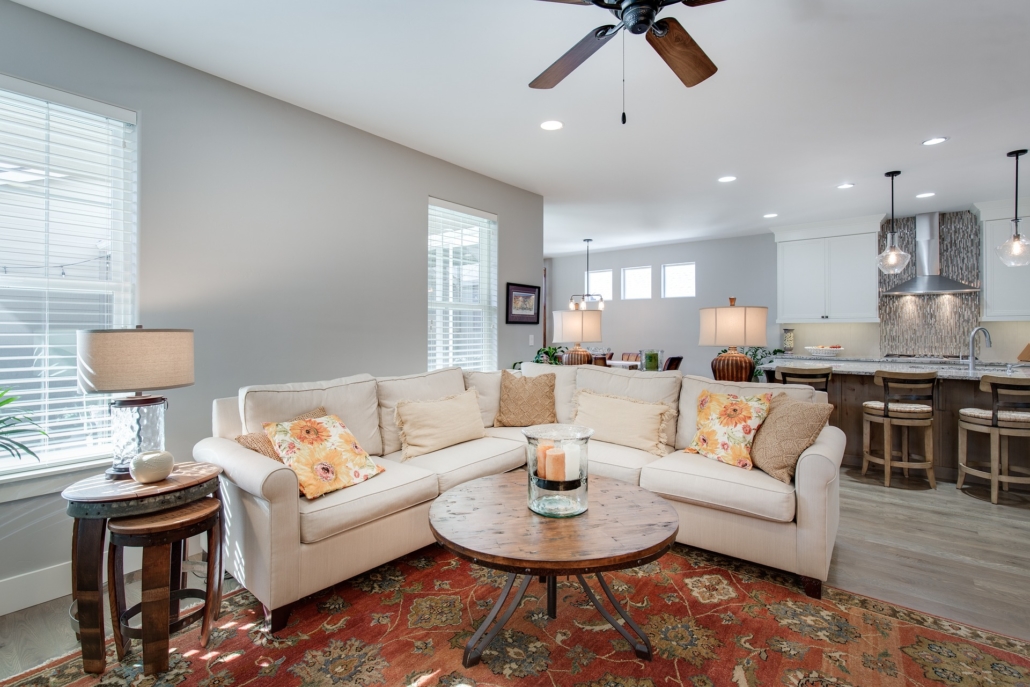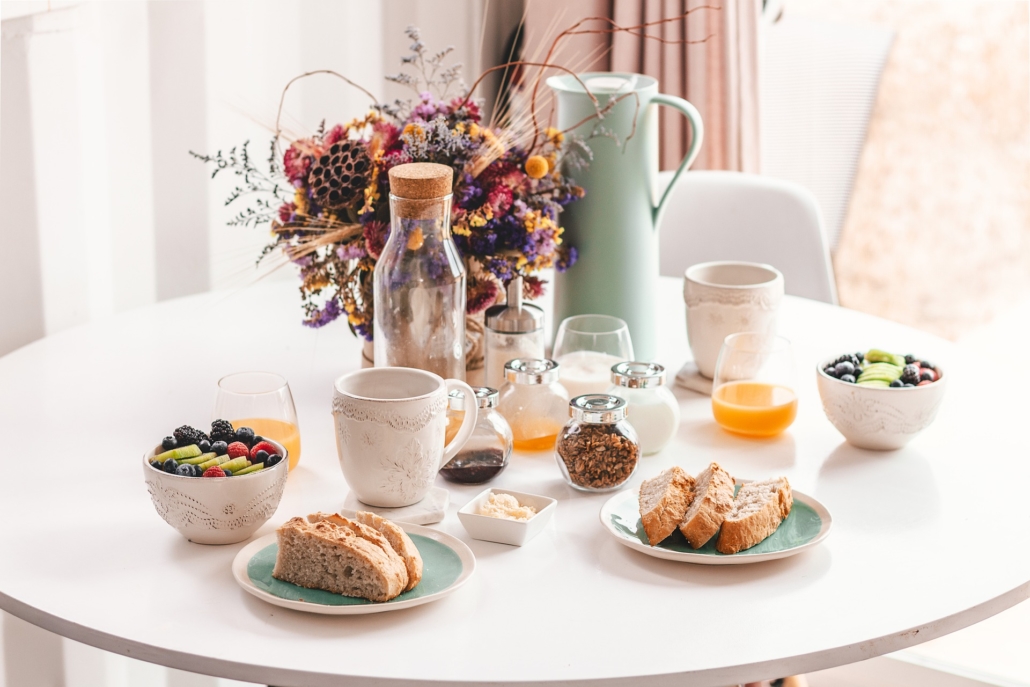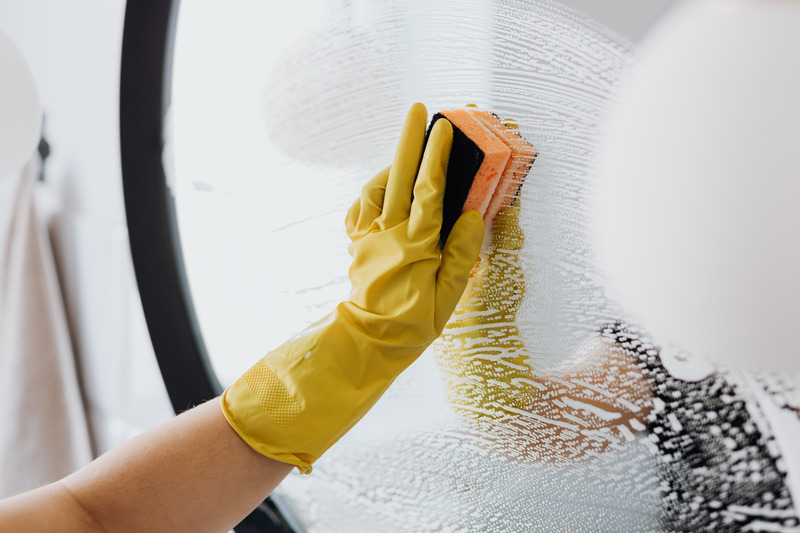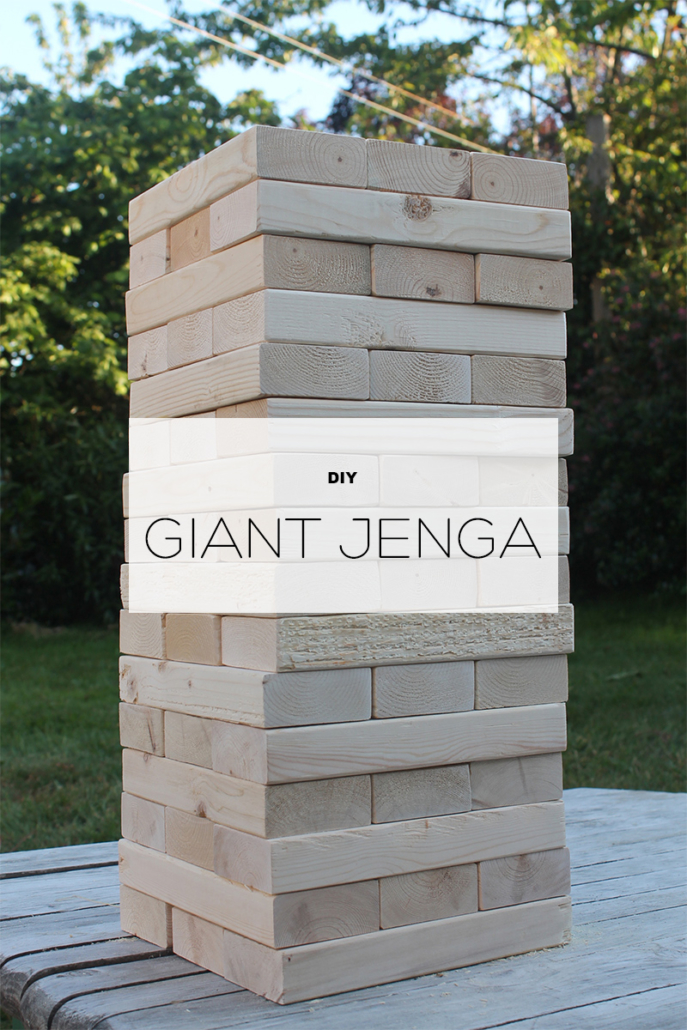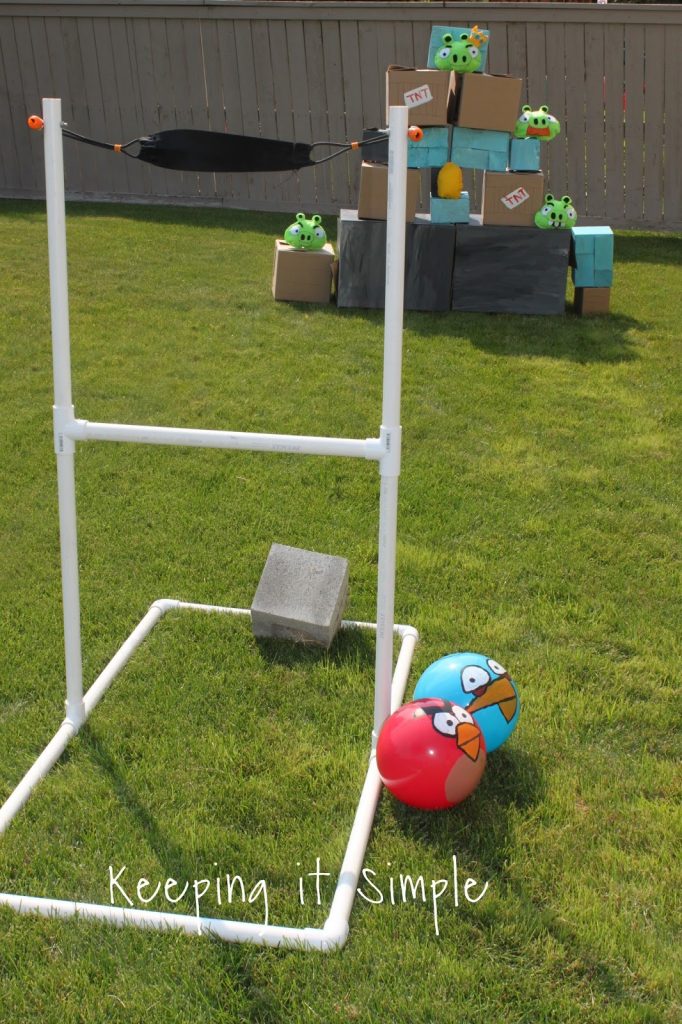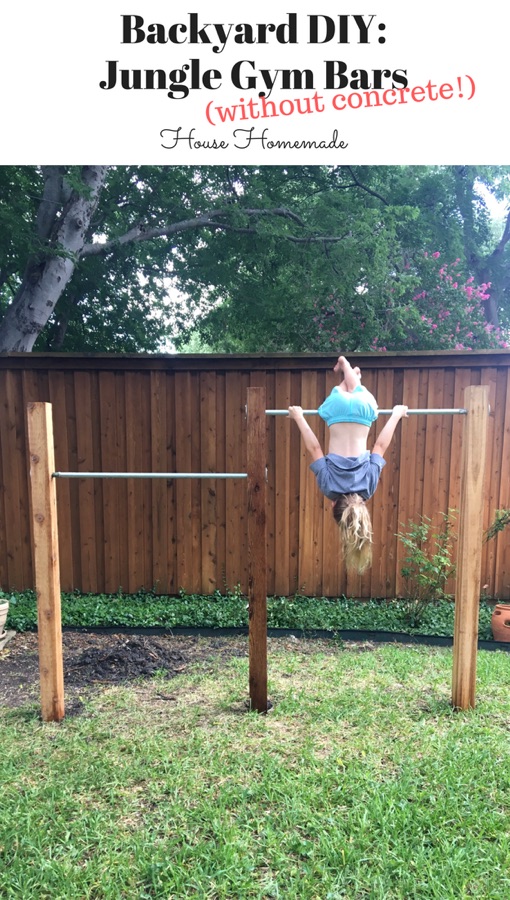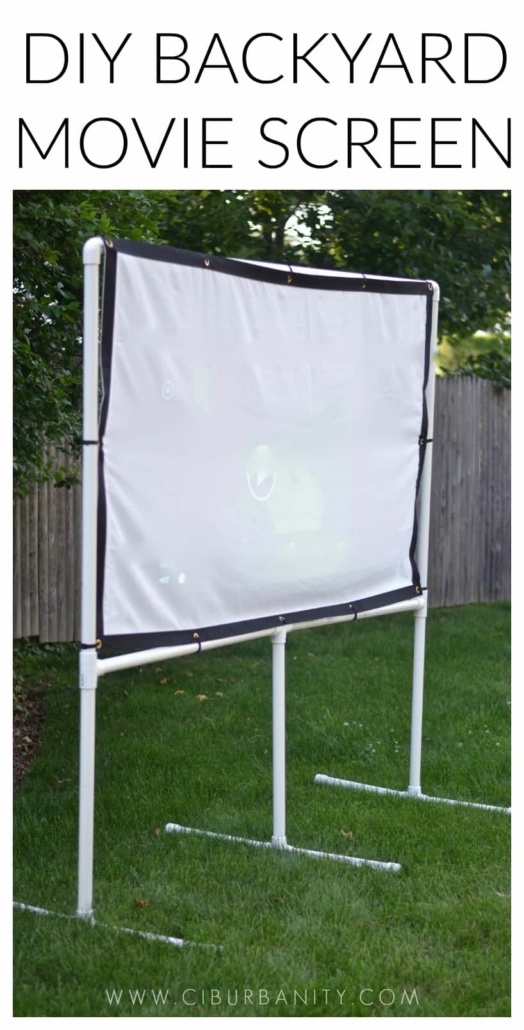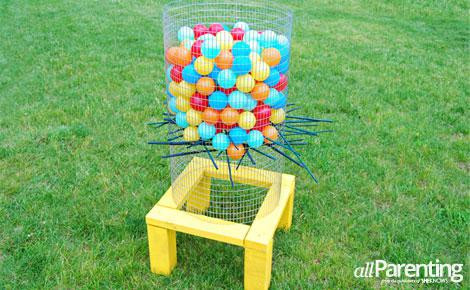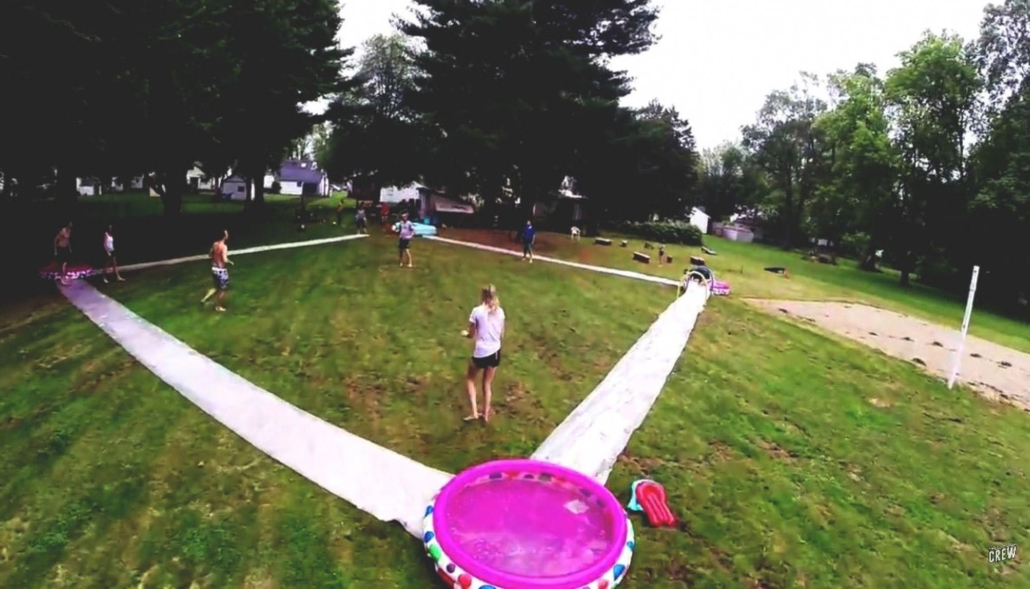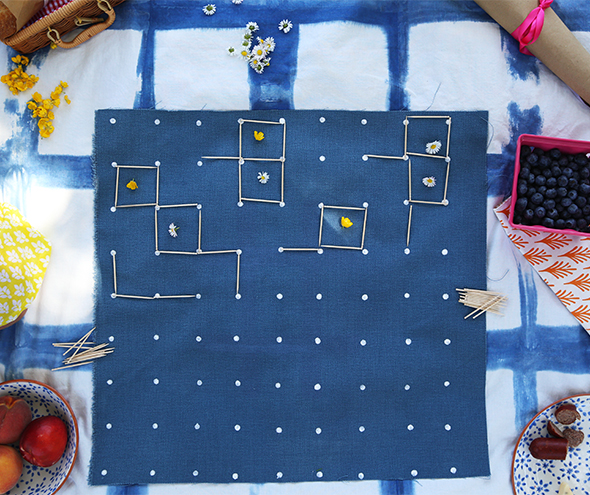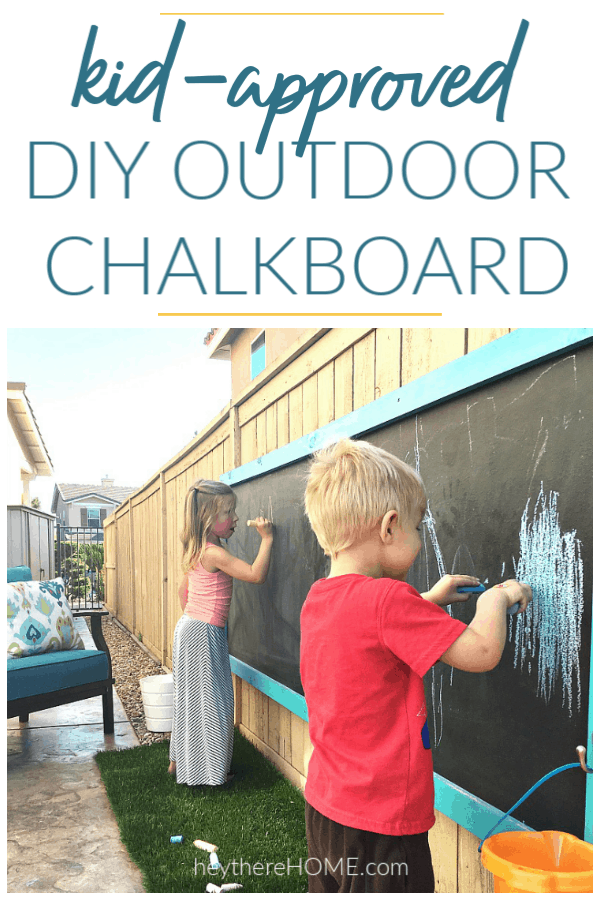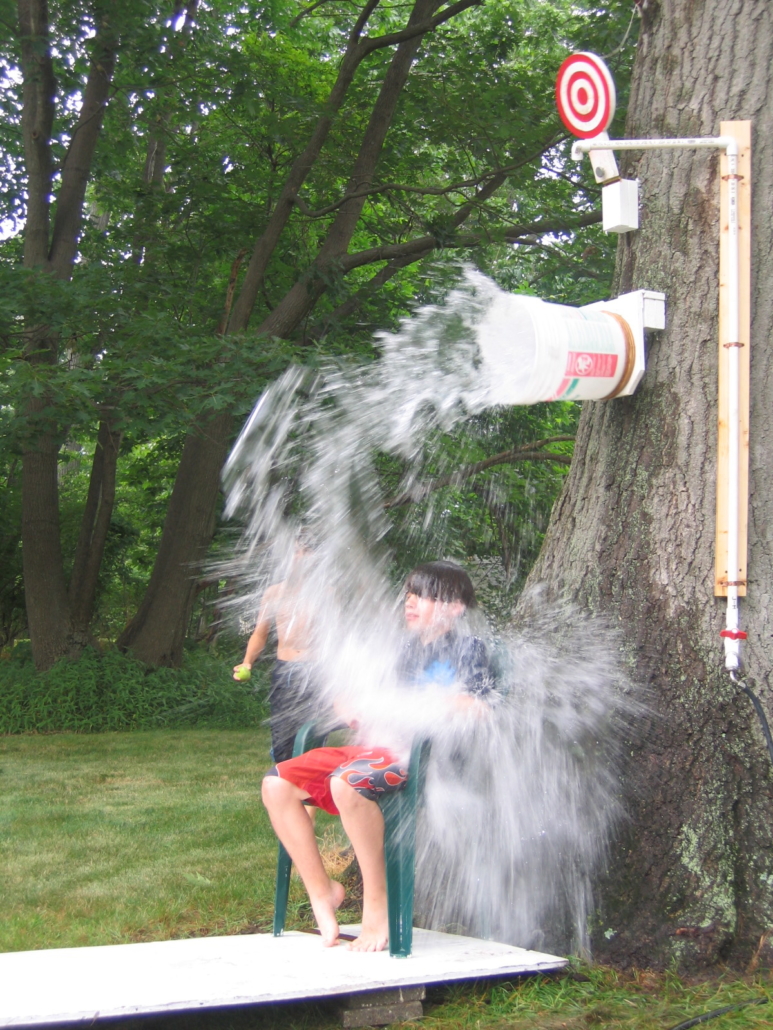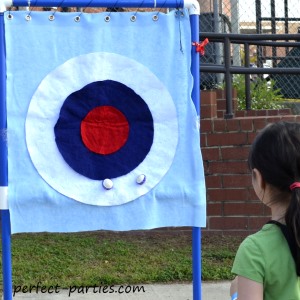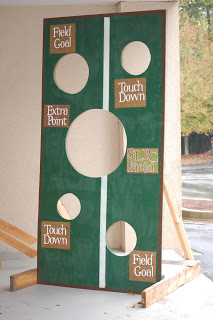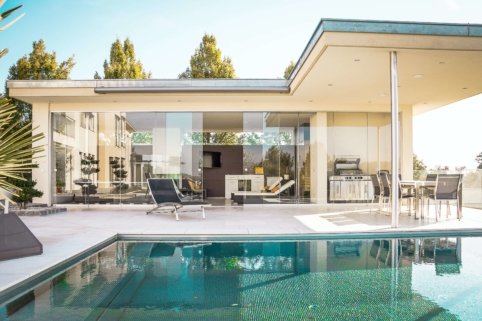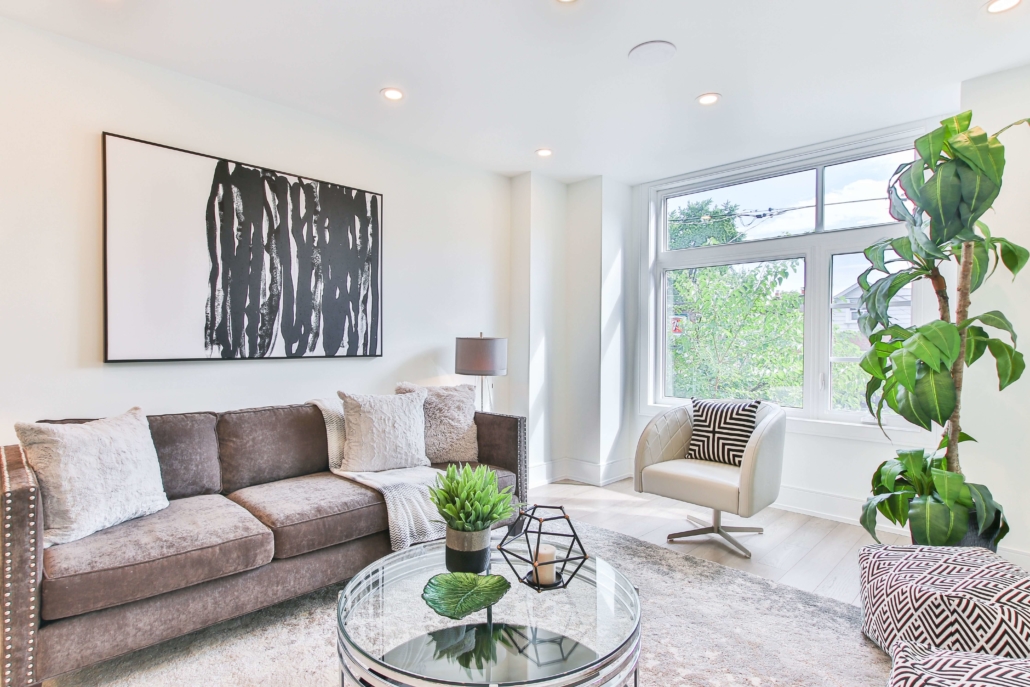The 4 Tips to Property Investing You Need to Remember
Are you looking for your dream home, or are you trying to generate a sustainable ROI? There’s no denying that real estate can be a very profitable investment, but before you sign the papers and hand over the cash, read the fine print.
To get you started on the right track, we’ve gathered four top things you need to know before you start investing in property.
Location, Location, Location

You’ve probably heard this line in movies, from countless real estate agents, or read it in books, and for a good reason. It’s still one of the most important things to consider before buying a property, and it can have a significant impact on your costs and ROI.
A city, municipality, and even a neighborhood can affect the value of a location. There’s also construction, gentrification, and new developments to consider. For example, a new mall in the area might increase the value of your property.
On the other hand, a hundred-story skyscraper blocking out the beach view of your newly-renovated condos will drop your expected ROI into a black hole.
Remember, location, location, location.
As-Is Properties and House Flipping
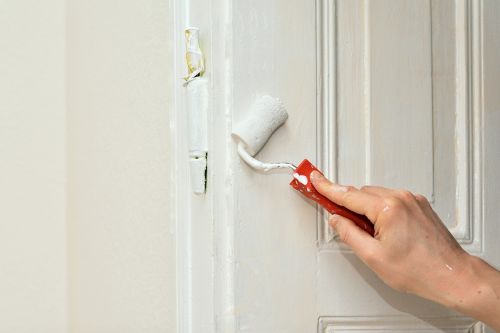
There’s nothing wrong with buying a fixer-upper, spending money on renovations, and then selling it for a profit – as long as it fits your budget. You should consider as-is properties, but don’t buy until you’ve thoroughly inspected the place yourself or hired a professional to do so.
Remember, the point of flipping a property is to get more than you’ve spent, so you don’t want any surprises if you can help it.
You should also consider how you want to sell the location once you’re ready. According to one website, it’s essential to understand your listing options, and you should look into the various home selling options available to you.
Keep in mind that you get what you pay for, though, so don’t take chances with cheap methods that won’t get you the ROI you need.
Budgets, Costs, and Taxes

Before you start investing in property or expanding your real-estate portfolio, create a budget. It doesn’t matter if you’re buying to own, flip, or rent out; you should know what you can spend on purchasing, repairing, and maintaining or selling a location. Ensure that the math works in your favor before you sign anything.
You should also try to consider hidden costs. There’s no guarantee that you’ll be able to plan for everything; after all, even professional architects still make billion-dollar design mistakes. Always try to keep some money in your budget for unexpected costs, repairs, or renovations that might need to be done.
Finally, don’t forget about the taxes. If you’re buying property, you should consider Uncle Sam’s cut in the process. The same goes for renting out or selling a location. Unfortunately, real estate expenses like these can get quite complicated, especially if you’re leasing out or flipping a property. When in doubt, get advice from an expert.
Work With Professionals and Experts
Investing in property for yourself is one thing. You know what you want, whether it’s to live somewhere for an extended period, or just fix things up and flip the place. However, if you’re going to create a sustainable portfolio consisting of several locations, you can’t do everything alone.
Take the time to build a professional team to work with you. For example, one of the first things you may need is an accountant familiar with investment transactions, portfolios, and property taxes.
You should also work with an experienced broker who can help you manage your portfolio while again finding worthwhile investments. These are professionals you need to be able to trust implicitly since they’ll be handling expensive assets.
If you’re going to be renting out properties, retain a legal advisor specializing in tenant law. You should also ensure that you have a strong, reliable property management team. While it may be tempting to give tenants your details, you won’t appreciate a 3 am maintenance call. That should be the responsibility of your on-site manager or associated firm.
Property investment can be extremely lucrative. Unfortunately, it can also be a massive financial sinkhole if you don’t know what you’re doing, so choose to work with a team of experts.
Final Word
Before you decide to invest in real estate, consider the essential criteria: budget, location, and costs. Leave room for unexpected expenses and repairs, especially if you’re going to flip a fixer-upper.
Finally, if you’re going to rent your property out, work with professionals who can help you manage the location and the tenants. By taking the right steps, you can generate a good return on your investment.


